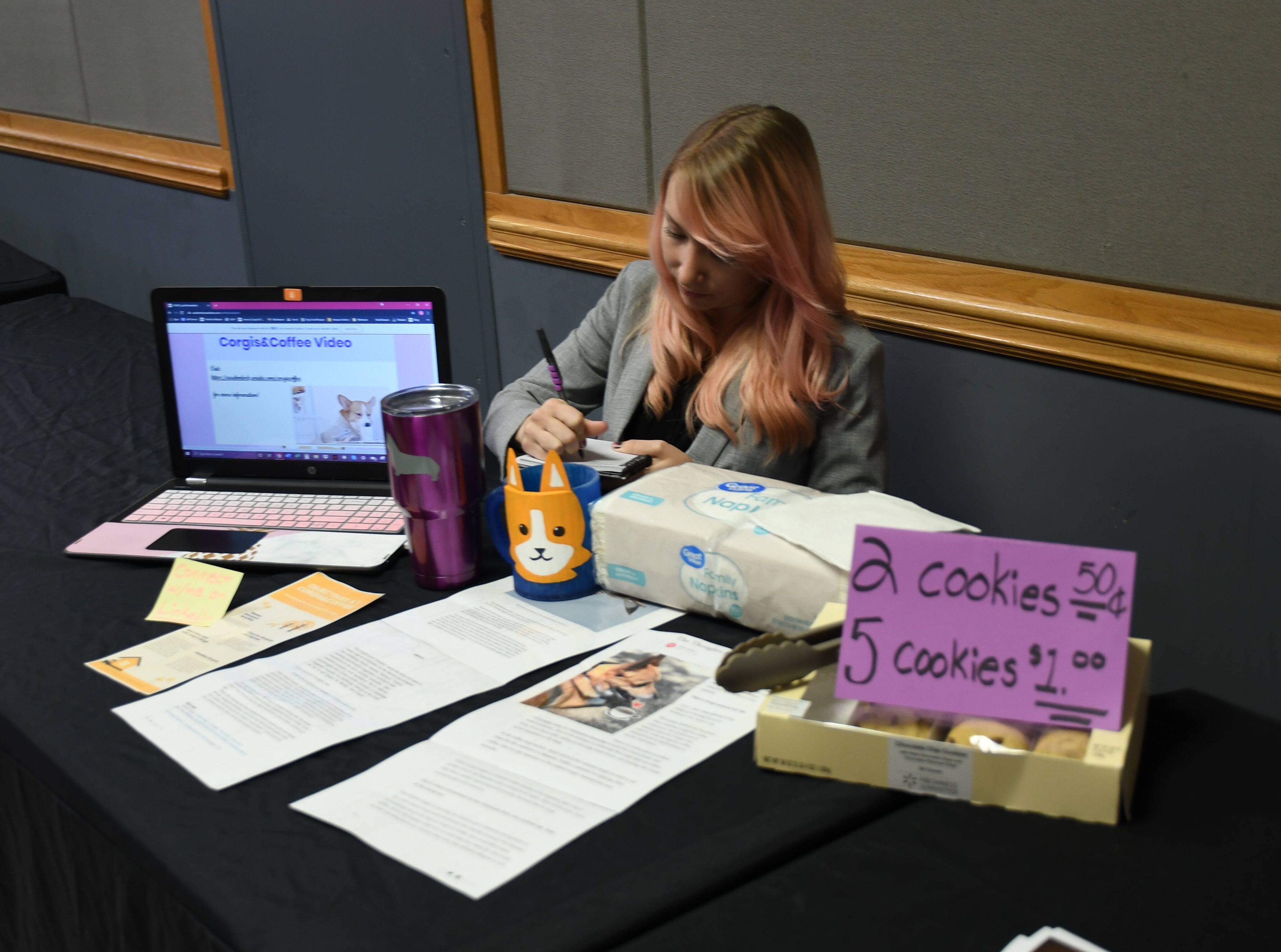In conjunction with the Algernon Sydney Sullivan Foundation and Campbell University Community Engagement & Leadership, the business school held its fourth SOUP event this afternoon in Taylor Hall.
SOUP is a micro-granting event first held at Campbell in 2016 and designed to celebrate and support creative projects in the Harnett County community. Attendees gathered for a meal and the opportunity to hear presentations from social entrepreneurs and local aid organizations. Traditionally, the project voted the most beneficial to the community is granted the proceeds from the meal, but this year’s proceeds from the pay-what-you-can luncheon were split equally between eight participating nonprofits.
Student leaders from the business school introduced representatives from Meals on Wheels, Harnett County Schools, Habitat for Humanity, Boys & Girls Club, SAFE of Harnett County, the Grace Connection, Shining Light in Darkness and Brick Capital CDC. Each organization briefly outlined their mission and invited Campbell students, faculty and staff to various opportunities to serve and work for their nonprofits.

Associate Vice President of Spiritual Life and Campus Minister Faithe Beam thanked the representatives for encouraging and inspiring students and sharing ways that they can be engaged in their community.
“I think CU SOUP is a powerful example of the priority and importance of connecting our Campbell community to the communities around us,” Beam said. “Students, I hope you will think about ways that you can engage in the community that you’re living in during your time at Campbell.”
Earlier in the day, business students could be found lining the halls of the Lundy-Fetterman building for Demo Day, presenting their entrepreneurial projects from car washes to small-scale solar energy systems.
Students in Scott Kelly’s Philosophy of Business class were encouraged to select a problem they were personally interested in and invest in an entrepreneurial project to help solve it. Many students took ideas they’d been working on for a while outside of class, such as personal YouTube channels and online shopping platforms, and built them into larger-scale initiatives.

Business administration major Claude Oros works management at the campus Chick-fil-A and wants to own his own restaurant one day. He converted his interest in solar energy into a business project complete with a website and helpful chat-bot.
“It’s a lot simpler and cheaper than it seems, especially on a small-scale like this one,” he said of his solar powered phone charger. “My end goal is not to go into solar energy, but this was something I’ve been working on on the side and I wanted to figure out its cost-effectiveness.”
This morning’s Demo Day was the fourth that Campbell has hosted annually. All of the students were required to create an infographic about their idea or product, use the engineering lab’s 3-D printer to create a prototype related to their project and build a viable website with customer service assistance. They were also challenged to find at least one customer for whatever business model they developed.
“The vision of this activity is to determine what’s broken in your life and find solutions for it,” said professor Scott Kelly. “Philosophy of business is creating things. It’s learning to prototype. I wanted to see students creating useful tools for themselves and solving problems around them.”

